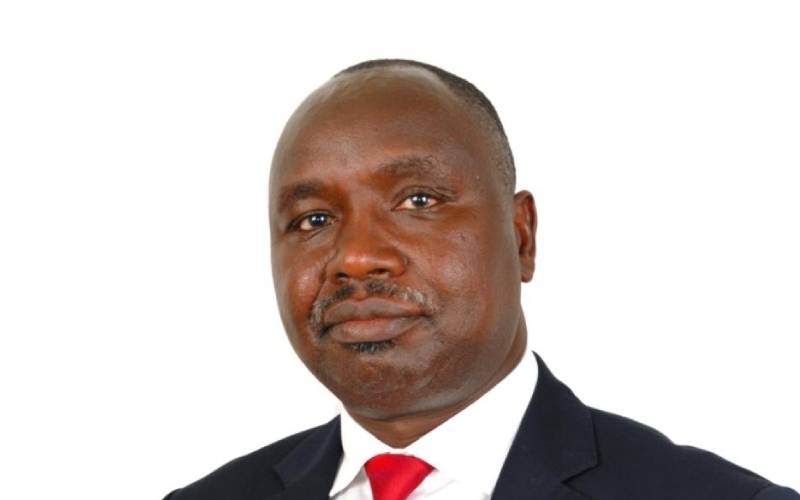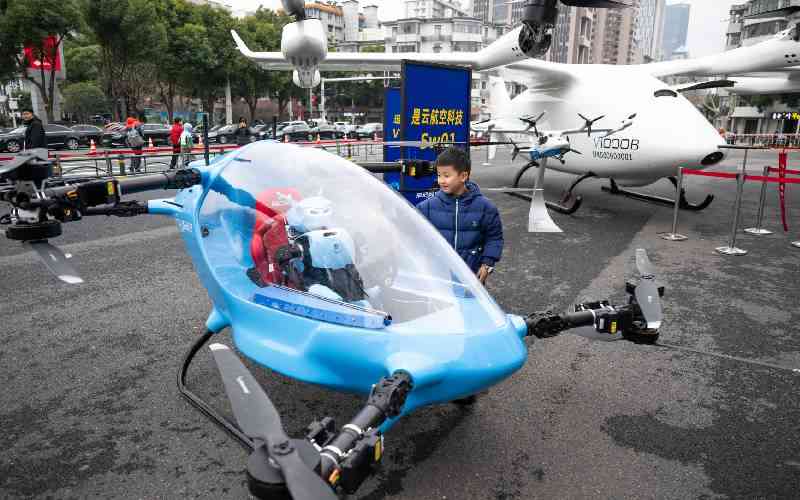
Technical university also referred to as technological university, institute of technology, university of technology, technological educational institute, technical college, polytechnic university or just polytechnic is an institution of tertiary education that specialises in engineering, technology, applied and natural sciences. Some of these institutions have been in existence since the 18th century.
That said, the conversion of many polytechnics or former TVET schools into university-like institutions has caused concern. Some of them lack specialised intermediate technical professionals to link to industries, resulting in a shortage of skills in some fields. This has led to increased unemployment of graduates.







